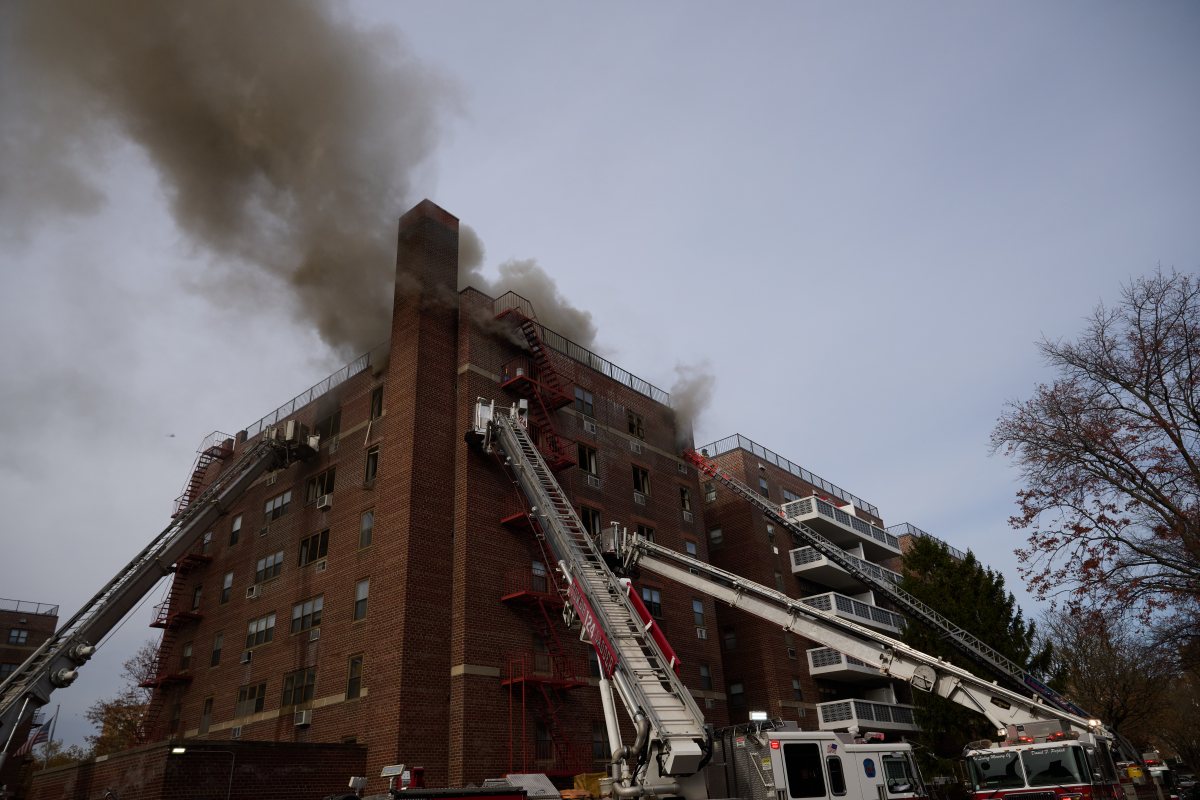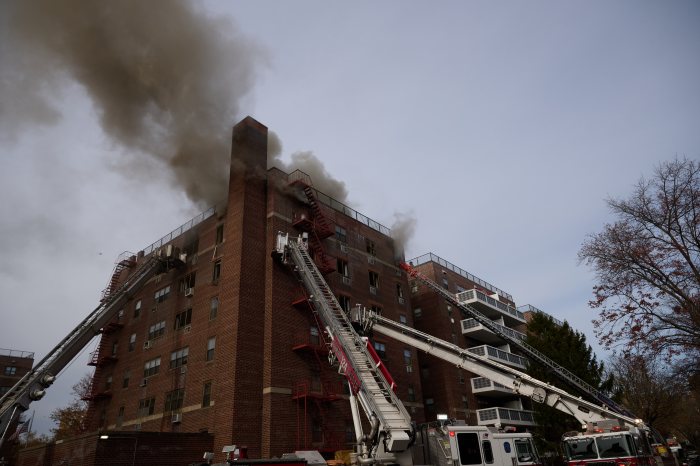By Daniel Meltzer
It is surprising that no news organization or commentator has concluded what was apparent to this viewer when the Lord High Chancellor of the Tabloids appeared, but failed to satisfactorily testify, before a parliamentary committee in London in June.
The panel was investigating alleged hacking by his reporters and editors of the phones and voice mails and perhaps e-mails of celebrities, government officials, a murdered child and possibly thousands of other individuals, as well as Rupert Murdoch’s minions’ alleged payments to police officers and cozying up to higher-ups at Scotland Yard, for tips, and for Murdoch’s either encouraging or ignoring all of the above.
The crafty billionaire businessman who employs, by his own count, 53,000 people across his vast holdings, has amassed billions in personal wealth, socializes with heads of state, and stands astride the world’s media like a colossus, was described by most if not all journalists who reported on the hearing, as a feeble 80-year-old man, perhaps beginning to “lose it.” He had interrupted his son’s testimony to mumble something about being humbled. He stared gloomily down at the witness table most of the time he sat there, seemingly unable to fully comprehend the proceedings. He couldn’t remember events, conversations or activities he may have approved, orders he may have given.
Many within his sprawling, multinational empire say he is a “hands-on” commander who communicates regularly with his field generals, and sees to it that his tabloids and his Fox TV channels consistently support conservative politicians and dig up dirt on any Democrat or liberal tipping a degree leftward, including the president (who, in fact, seems cemented to the center). Yet, when asked if he took responsibility for what his troops or field generals (editors, managing editors, etc.) do, Murdoch said, “No.”
He couldn’t remember having ever involved himself in the content of his tabloid newspapers, influencing or actually writing headlines (“Headless Body in Topless Bar” was reportedly his), or that he spoke with his editors regularly, and hounded them for scoops. He mumbled that he had expressed no curiosity about the allegedly rampant phone hacking of hundreds, perhaps thousands, of celebrities, members of Parliament, other government officials and what they call “ordinary citizens” over a period of years, including the voice mail messages of a murdered child — although another British newspaper (The Guardian) had been reporting it for more than a year. He said his hirelings were responsible for those decisions, not him. The buck stopped…someplace else.
Richard Wolffe of Newsweek magazine said on Keith Olbermann’s TV show that he couldn’t help feeling sorry for poor, old, out-of-touch Murdoch, taking all that heat from the younger prying parliamentarians; a tired old man being hounded by bullies, he being clearly over the hill, more to be pitied than punished.
I had seen Murdoch in a comparable state once before — more than 20 years ago, when he addressed an audience of students and faculty at New York University shortly after his move to New York upon taking the helm of the New York Post. Under Murdoch, the formerly respectable liberal daily quickly metamorphosed into another Murdoch-style tabloid, digging dirt on left-of-center politicos and backing and praising those on the right, Murdoch himself shoveling cash into the campaigns of chosen candidates, including (and a surprise to many) that of former Mayor Ed Koch.
On the evening when he spoke in the auditorium of N.Y.U.’s Law School, he rambled on, not about journalism and his plans for the Post, but about the thrill of living in his comfortable Fifth Ave. apartment, able to stroll with his wife late at night after the crowds had thinned, and peering at all the beautiful merchandise in the store windows. And what was plain to my students (many of them over their eyebrows in college loan debt) and to myself, as well as to others in the audience, was that Rupert was clearly, we agreed, schnackered, blotto, plastered, tipsy, three sheets to the wind: drunk.
He appeared to these eyes two months ago, as he sat slumped and disengaged at the witness table, while his son did virtually all the talking, to be in much the same state.
The man who dominates the cable world and the presses in so many cities, employs so many, has his finger in almost every pie (except the one that missed him) cannot be that much out of touch all the time. That no one else has dared to even suggest that he had fortified himself with strong spirits for his mid-afternoon testimony may say more about his power over journalism and journalists than any discoveries that panel may or may not have made.




































